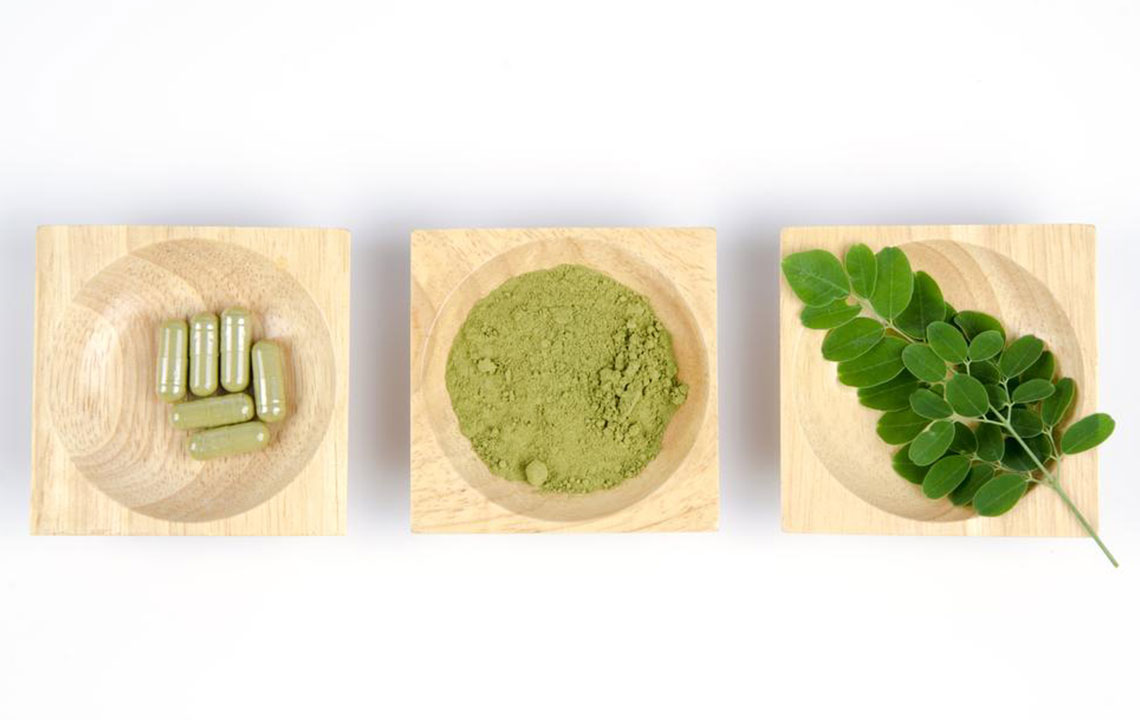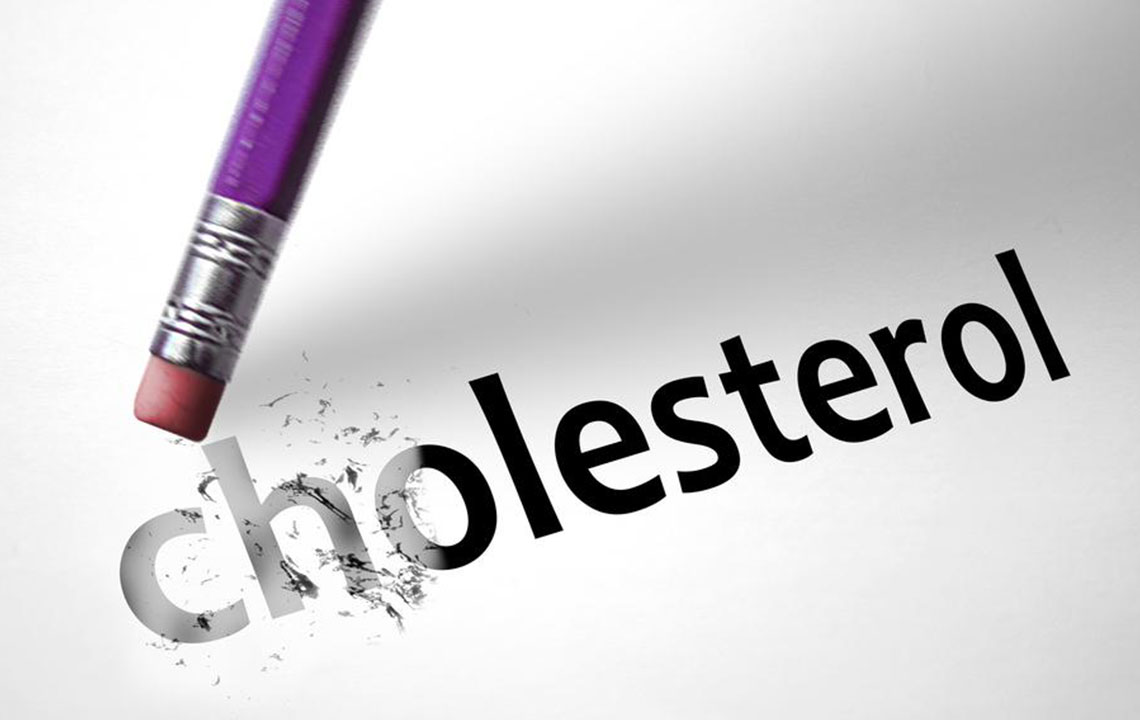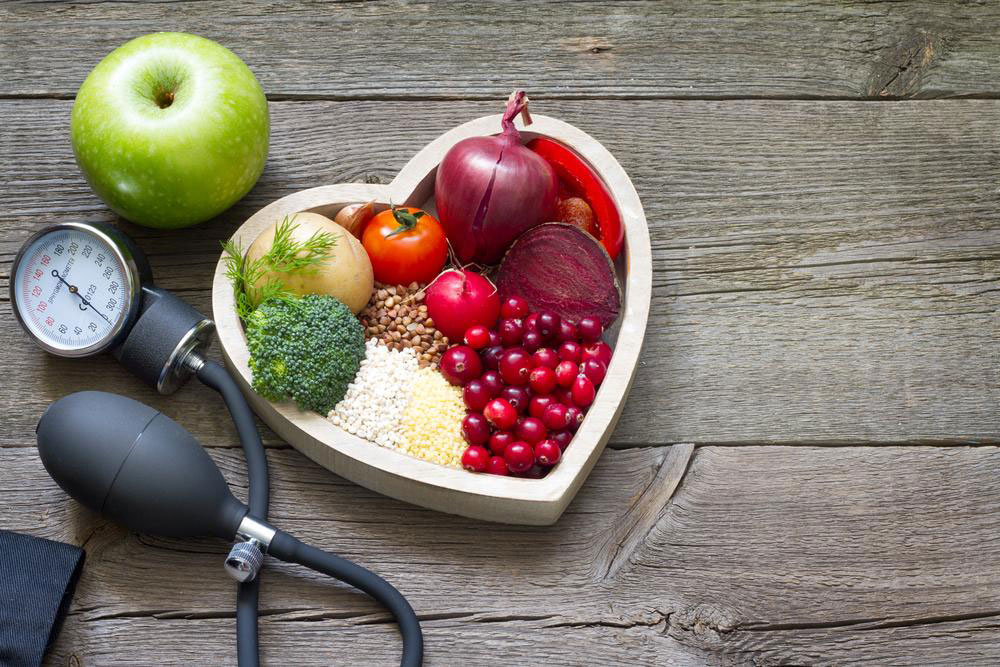Natural and Effective Ways to Lower LDL Cholesterol for Heart Health
Discover comprehensive, natural strategies to lower LDL cholesterol and improve heart health. This detailed guide covers dietary changes, exercise routines, and lifestyle tips to help you manage cholesterol levels effectively, prevent cardiovascular diseases, and promote overall wellness. Learn how to implement these proven methods safely and sustainably for a healthier future.

Natural and Effective Ways to Lower LDL Cholesterol for Heart Health
Are you worried about your increasing cholesterol levels and the potential risks it poses to your heart? Understanding how to manage and reduce LDL cholesterol naturally is essential for maintaining overall cardiovascular health. Cholesterol, a waxy fat-like substance, plays a vital role in your body, but an imbalance—specifically high low-density lipoprotein (LDL)—can lead to serious health issues. LDL is often termed "bad" cholesterol because elevated levels can cause plaque buildup in arteries, increasing the risk of heart attacks, strokes, or even heart failure. Therefore, adopting effective lifestyle changes to lower LDL cholesterol is crucial for anyone seeking to improve their heart health and prevent cardiovascular diseases.
Understanding Heart Attack Risks and Contributing Factors
While elevated LDL cholesterol is a leading factor in cardiovascular risk assessment, several other elements also influence heart health. Recognizing these can help you adopt a comprehensive approach to reducing your risk of heart disease. These factors include:
Age—risk increases as you grow older due to natural changes in vascular health.
Blood Pressure and Medication Use—high blood pressure strains arteries, and certain medications can influence lipid levels.
Smoking Habits—smoking damages blood vessels, accelerates atherosclerosis, and lowers HDL cholesterol.
Family Medical History—genetic predisposition plays a role in cholesterol levels and heart disease risk.
Presence of Diabetes—diabetes significantly raises the likelihood of lipid abnormalities and cardiovascular problems.
Weight Management—obesity correlates strongly with high LDL levels and other heart risk factors.
Healthcare professionals perform thorough assessments of these factors to craft personalized and safe cholesterol-lowering strategies for their patients. Lifestyle changes, combined with medical supervision, are often the most effective approach to maintaining heart health.
Practical Strategies to Lower LDL Cholesterol Naturally
To effectively reduce LDL cholesterol levels, a combination of dietary modifications, increased physical activity, and other healthy habits is essential. Here are some evidence-based strategies that can make a real difference:
Eat a Heart-Healthy Diet — Focus on incorporating foods known to lower LDL levels. These include oats, barley, and whole grains, which contain soluble fiber that helps remove cholesterol from the bloodstream. Legumes such as beans and lentils are also excellent sources of fiber and protein. Nuts, especially walnuts and almonds, provide beneficial fats and antioxidants. Fruits like apples, oranges, strawberries, grapes, and lemons are rich in fiber and vitamins that support vascular health. Vegetables such as eggplants and okra are high in fiber and antioxidants, aiding in cholesterol management. Use healthy monounsaturated fats like olive oil for cooking and salad dressings. Incorporate fatty fish such as salmon, sardines, and mackerel into your diet to benefit from omega-3 fatty acids, which are proven to reduce inflammation and lower LDL cholesterol levels.
Avoid Saturated and Trans Fats — Reduce intake of foods high in saturated fats like full-fat dairy products (whole milk, cream, cheese), processed meats, red meats, and fried foods. Limit consumption of baked goods made with trans fats, such as commercially baked cookies, crackers, and pastries. Avoid coconut oil, palm oil, butter, and lard, as these fats can raise your LDL cholesterol. Instead, choose healthier fats from sources like olive oil, avocados, and nuts.
Increase Physical Activity — Regular exercise is one of the most effective ways to improve your lipid profile. Engage in moderate to vigorous activities such as brisk walking, jogging, cycling, or swimming. Aim for at least 150 minutes of moderate-intensity aerobic exercise or 75 minutes of vigorous activity per week, as recommended by health authorities. Physical activity not only helps lower LDL but also raises HDL (good cholesterol), promotes weight loss, and strengthens the heart muscle.
Maintain a Healthy Weight — Losing excess weight can significantly improve cholesterol levels. Even modest weight loss of 5-10% can lead to noticeable improvements in LDL and HDL levels. Combining a healthy diet with physical activity is the most effective way to achieve and sustain a healthy weight.
Limit Alcohol Intake and Avoid Smoking — Excessive alcohol can elevate cholesterol and triglyceride levels, so moderate consumption is advisable. Smoking damages blood vessels, lowers HDL cholesterol, and accelerates atherosclerosis. Quitting smoking is one of the most beneficial steps you can take to protect your heart health.
Regular cholesterol testing, ideally annually or as recommended by your healthcare provider, allows you to monitor your lipid levels and adjust your lifestyle accordingly. Remember, consistency is key to achieving and maintaining healthy LDL levels. It is always advisable to consult with a healthcare professional before making significant lifestyle changes or starting new dietary plans, especially if you have existing health conditions such as diabetes or hypertension.
In conclusion, managing LDL cholesterol through natural methods not only reduces your risk of heart disease but also promotes overall wellness. By adopting a heart-healthy diet, engaging in regular physical activity, maintaining a healthy weight, and avoiding harmful habits, you can take proactive steps toward a healthier, longer life.





